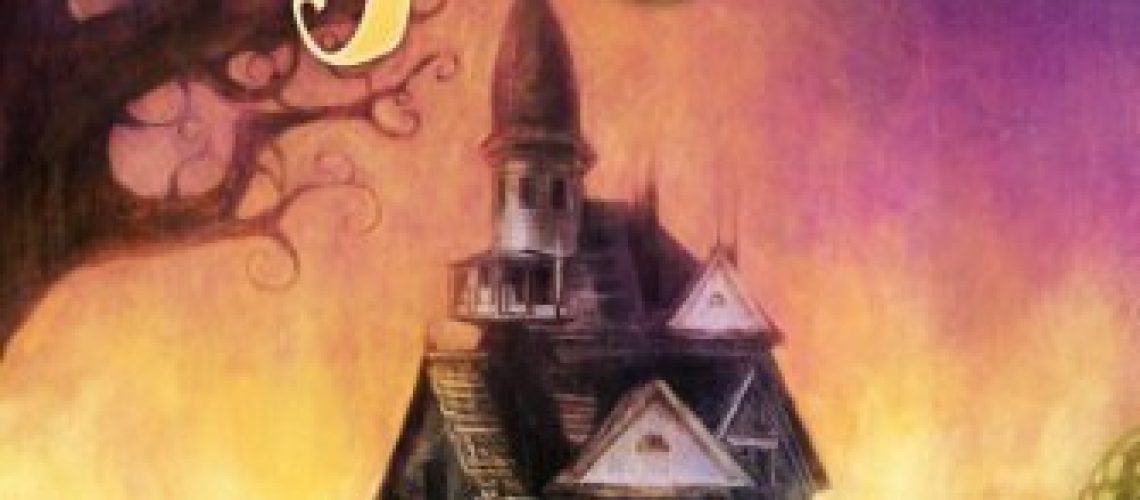Rebekah Lull, a Chicago art student, has gotten an offer she can’t refuse. Not without traveling to North Carolina and seeing what its all about anyway. A foundling at birth, Rebekah discovers she’s been named the heir to the estate of Archibald Grace, her biological father. This estate comprises a rambling mansion in the hills of Appalachia and some money that could make life easy for a couple of years. The money’s the easy part. The cute local lawyer? Rebekah’s got him figured. The House, even if it seems to be full of secrets, locked doors and bona fide magical objects, is a little harder to manage, but Rebekah’s game. The relatives, the other would-be Heirs of Grace? Now they are going to be the tricky part.

Heirs of Grace is a novel originally published as an five part Amazon Kindle serial by Hugo award winning author Tim Pratt. While the style and formatting is new for Pratt, many of the elements in the abstract are well within the author’s wheelhouse. Bekah, like Marzi, Marla Mason and many of his other protagonists, is a strong, smart and sassy heroine. She’s in over her head from the start, with a magical legacy she had no idea about and relatives gunning to take her measure (or her head!). But Bekah is not so easily dissuaded. Her sense of humor and straight-line narration carry the reader through the work.
The urban fantasy that Pratt often writes translates well to a rural setting here, too. Having Bekah be unfamiliar with the rules of magic and requiring her to learn them along with the reader is not a new idea, but it does serve the purpose of introducing Pratt’s diverse fantastic/mythological world to the reader. And although we don’t have someone like Marla casting spells, the sense of magic and wonder, and the sometimes cussed stubborness of magic and magical items, comes through here as well. And, as is common in his fiction, there is always a cost to magic.
The tone and writing of the novel, though, is the best thing about it. The first person narration is a counterpoint to a lot of his third person narrated fiction. However, similar sensibilities of tone, of humor, of sharp wit and dialogue are all in full flower here. Pratt particularly likes to use descriptive and sometimes snarky phrases as tags rather than plain dry observation:
She looked alarmed–actually she looked like a rabbit watching the approach of a justifiably confident fox–and flipped through the appointment book, then visibly relaxed.
This style flows extremely well and makes the book extremely readable. I found myself reading through a particular episode rapidly and avidly, only to have to wait until next week for the next installment.
I admit to finding a bit of dodginess in the latter segments of the book, as a couple of the artifacts, even with their downsides, make the forward momentum of the book go a little haywire with their powers and their potential. The story does briefly get a little too satisfied and stalls a bit toward the denouement; it only finally unsticks after a little effort.
The relatively large chunks in which the story was told helped obviate and avoid a concern I had for the work going in — the episodic nature. While serialized stories and novels have been a staple of the genre for decades, there are reasons why a Van Vogtian cliffhanger or twist every couple of chapters (or sooner) makes for an uneven, roller-coaster reading experience. Fortunately, in the case of Heirs of Grace, this is not a problem. Each of the pieces feels like part of a whole rather than a disconnected episode. They do combine together to a brief, but well formed and entertaining read. Given Pratt’s extensive oeuvre, I believe Heirs of Grace is an excellent place for those new to his writing style and sensibilities, making it possible to get a feel for whether they want to go onto read his more traditionally formatted fiction. It’s almost, to me, as if he wrote Heirs of Grace with that very idea in mind.








One Response